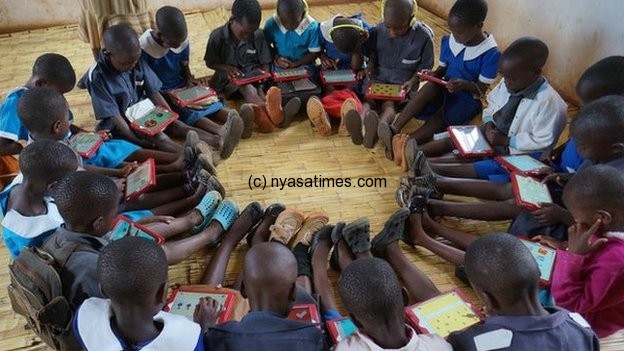Praises Mr. Finance Minister on Malawi economic reforms
When Peter Mutharika was declared President of the Republic of Malawi, his newly appointed Finance Minister, Goodall Gondwe, perhaps due to the excitement of a new job after staying too long in the wilderness, hinted at abandoning the economic policies that were pursued by the previous government of Joyce Banda, including abandoning the automatic fuel pricing and floatation of the Kwacha.
He immediately backed off from that line after getting some serious rebukes from imminent economists and business captains.

The pundits warned Gondwe that it would be disastrous to abandon economic policies that were implemented by the People’s Party (PP) government because doing so would be tantamount to putting this country in reverse gear, and would have iced any economic gains made in the last two years.
Renowned economist and former Chief Executive Officer for Malawi Confederation of Chambers of Commerce and Industry, Chancellor Kafelapanjira warned the new government against substantially departing from the economic policies of the previous regime. He said the former People’s Party administration must be credited for taking some unpopular but bold steps to stabilize the local economy.
He is quoted to have said that some of the measures such as the devaluation and floatation of the kwacha were painful but necessary especially to stem off the economic free-fall that characterized Bingu wa Mutharika’s last days in office.
“The country had degenerated to almost a pariah state. Donors cut their aid and people started queuing for everything from fuel to the most basic commodities. Malawi was hurting and it would be madness to take the country back to that era again,” he said.
He said the economic panacea that was administered in the last two years have been largely responsible for the availability of fuel and forex and the stabilization of the economy.
Said he: “The situation is indeed tough now because of the rising of prices but at least people can access fuel and other products on the market unlike in the past.
“The Malawi government is currently heading in the right direction because of the devaluation and other economic reforms that have been implemented. Companies have stopped retrenchments because they are optimistic about the future.”
Professor of Economics at Chancellor College, Ben Kaluwa is also quoted to have said going back to the controlled exchange rate as Gondwe was intending to do would not be a prudent course of action given the prevailing economic conditions of this country.
The budget that Finance Minister presented to Parliament on Tuesday, September 2, 2014, has not substantially departed from the framework of the 2013/14 financial year. According to Gondwe, this year’s MK729, 000,000,000 budget has left intact some of the measures introduced last year, designed to tighten fiscal discipline and control unnecessary expenditure at the same time stimulating agricultural growth with emphasis on value addition for exports.
“Mr. Speaker, Sir, during 2013/14 the economy registered an average GDP growth of 6.1 percent. This growth was as a result of good performance in the agriculture and manufacturing sectors.
“In particular, the 2013 growth in manufacturing was attributed to higher agricultural inputs and a more constant supply of fuel and other raw materials,” said Gondwe.
This is a mature way of looking at issues Mr. Minister. Malawians stand to benefit more with this kind of maturity in the way the DPP regime manages the economy, without simply looking at politics.
Follow and Subscribe Nyasa TV :


